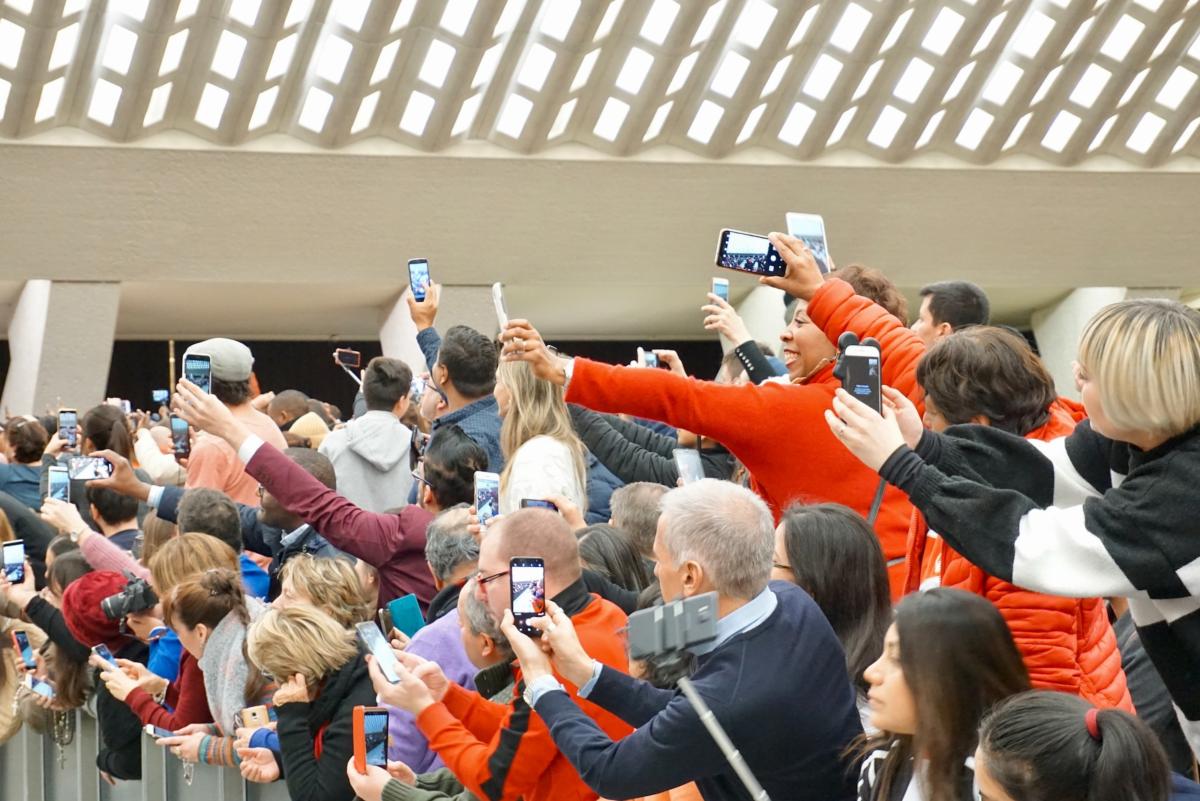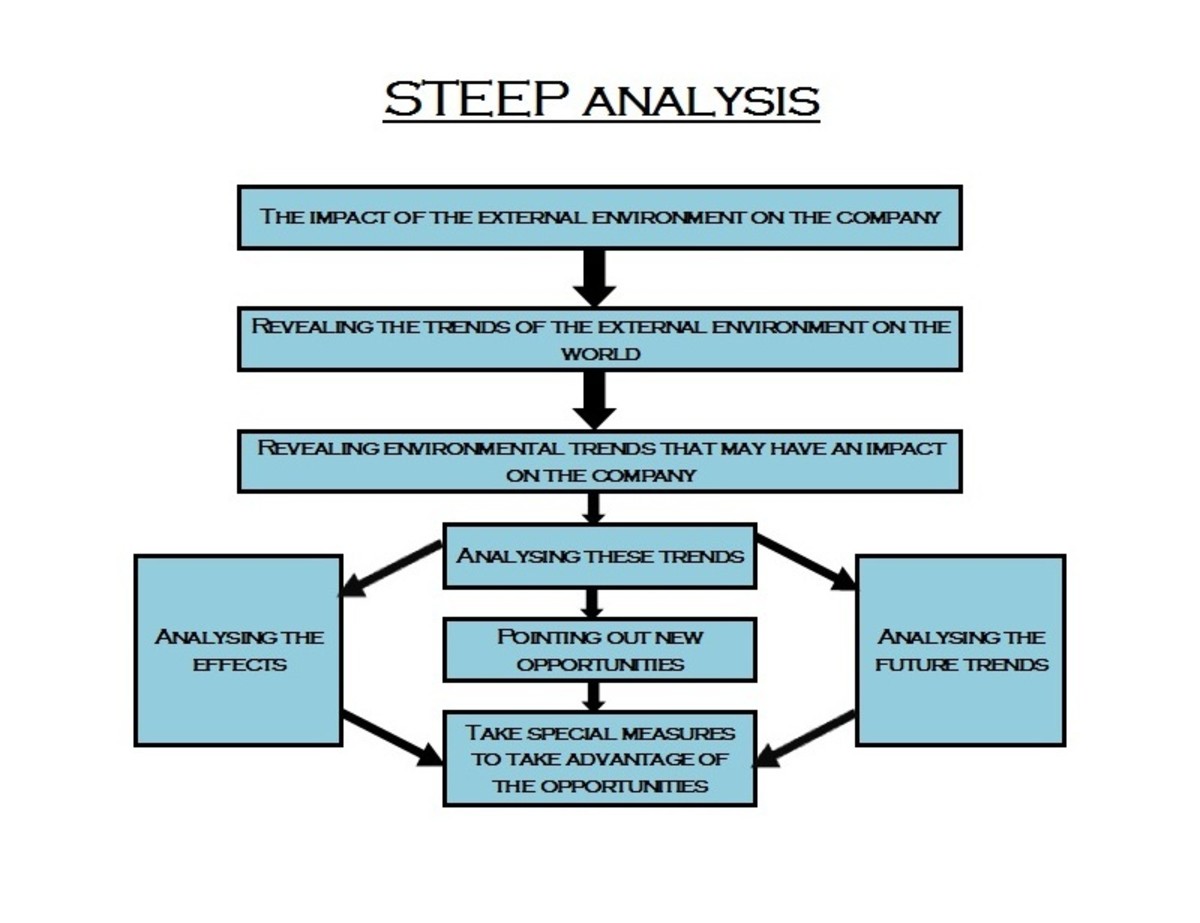Taking Part in Market Research Focus Groups is Easy and Fun for Everyone

Taking part in a market research focus group is an enjoyable and interesting way to earn an occasional bit of extra cash, but a lot of people wonder what is really involved or what the experience will be like. In particular, not everyone feels that they are a ‘group’ person, especially when that group is comprised of total strangers, and takes place in an unknown environment.
It’s true that typical market research facilities are a bit unusual, they won’t feel like your living room. But they are designed to help the research process, and that means helping you to feel as comfortable as possible at the time. Everyone employed at the facility knows that people are bound to feel a bit apprehensive on arrival, and good viewing facilities employ welcoming and friendly reception staff who can help orient you when you get there, as well as ensuring access to refreshments and guidance.
The researchers themselves were probably drawn to their proven craft for a range of reasons, but typically we find a high degree of social skills, along with insatiable curiosity – they tend to be “people people”, genuinely interested in others, and as such very empathetic and good at putting everyone at ease. They have to be like this in order to do their job well, their clients need them to find out what you and the rest of the group really think, so being able to help you relax and join in is an important part of their job. A focus group of shy and uncomfortable people won’t reveal any good market insights, so they will do all they can to help you settle down quickly and join in effectively.
Their client is also paying them for insights from the whole group – typically around eight people… rather than just the most dominant person. So another important part of their job is to deftly manage anyone in the room whose social skills might be lacking, for example the occasional really loud and over-opinionated participant who thinks their own view is the only one that should be heard. Talented researchers will make sure everybody has a chance to air their views fairly, and are very good at spotting when anyone clearly has more to say especially if someone in the room is making it difficult to get a word in edgewise. Of course this doesn’t happen in every focus group, but you know from being any group of people there’s often someone who feels having the last word on anything is their reason for being – researchers know about this and can handle it.
They also won’t tolerate any rudeness or disrespectful behaviour within the group – people might well not agree on a given point of discussion, and the researchers can lean a great deal from this difference of opinion. However that difference will be explored respectfully and politely. No one’s view is more valid or correct than anyone else’s, and no one will be allowed to put anyone down or try to undermine their contributions for personal or irrelevant reasons. Again, this rarely happens in a market research focus group that has been correctly and professionally recruited, because everyone is carefully screened and interviewed – but if it does, the researchers in control of the session are trained and able to deal with it.
Many people are concerned about the use of two-way mirrors or videorecording in the group, but this is nothing to be alarmed or self-conscious about. The researcher needs to stay in the moment and involved in the discussion, they don’t want to be taking notes, and there are other people who want to observe the discussion first hand as well. It’s actually far less intrusive to bundle those observers off into another room and let them watch you via video-link or through a mirror, than having them in the room itself. You are protected by the Market Research Society code of practice that prevents any video footage ever being misused, and you can quickly forget about the funny looking shiny wall if it’s there – again, it comes down to the researcher doing their job properly and occupying your full attention with their discussion
Another thing people typically worry about is whether it will be boring. Often focus groups are around 2 hours long, and, not to put too fine a point on it, the topics can sound pretty dreary. Well, again a great deal comes down to the skill of the researcher moderating the session – it wont help them or their client if the whole group falls asleep! So they will plan and structure an interesting session that involves a range of different activities and exercises, and different ways of getting at and examining the topics they need to explore. Some of these you will probably ‘click’ with and feel you can contribute more to than others – but in this way they are able to involve everyone in the group, with all their varied communications styles.







